Recent studies show that many relationships start losing their spark after the first couple of years. Signs like less talking, feeling less close, always criticizing each other, avoiding spending time together, not planning for the future, not trusting each other, or not caring about arguments can mean trouble.
Recognizing these signs early might help save your relationship from ending. It's important to notice these issues now to try and fix them.
Key Takeaways
- A decrease in meaningful communication often signals a weakening connection.
- Emotional and physical distancing are strong indicators of relationship trouble.
- Persistent criticism and negativity can erode the foundation of a relationship.
- Avoidance behavior and lack of future planning suggest diminishing commitment.
Diminished Communication
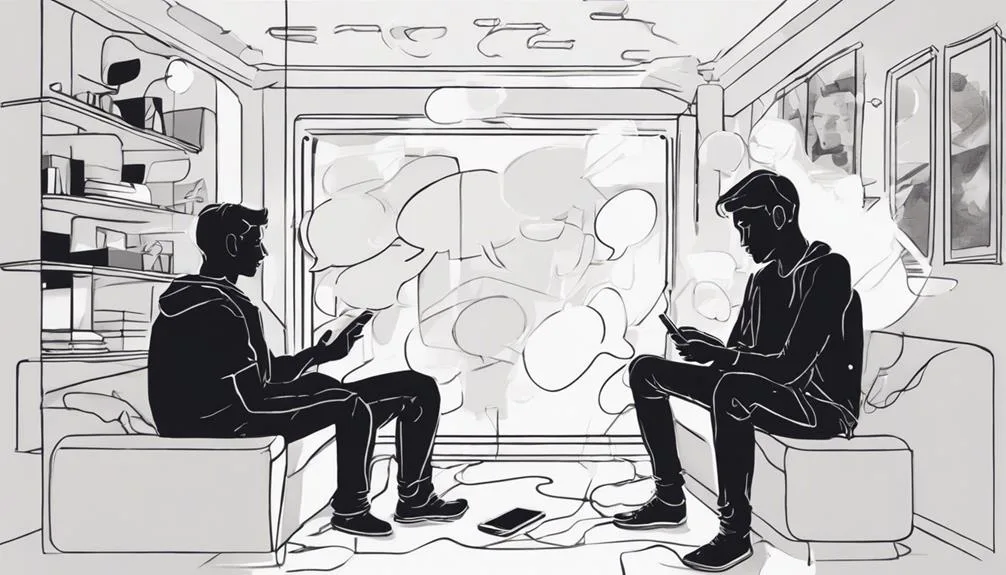
Over time, you might notice that conversations with your partner have become less frequent and more superficial, signaling a decline in communication. This shift often leads to silent dinners, where the chattering and laughter that once filled the air are replaced by an uncomfortable quiet. You're not discussing your day, your dreams, or the little things that used to make you both smile. Instead, there's a widening gap that no amount of small talk seems to bridge.
Furthermore, you're probably finding that you're not reaching out on communication platforms as often. Those good morning texts, funny memes shared throughout the day, or heartfelt nighttime calls have dwindled. It's as if the digital threads that helped keep you connected are fraying, leaving you feeling more distant than ever.
Lack of Intimacy
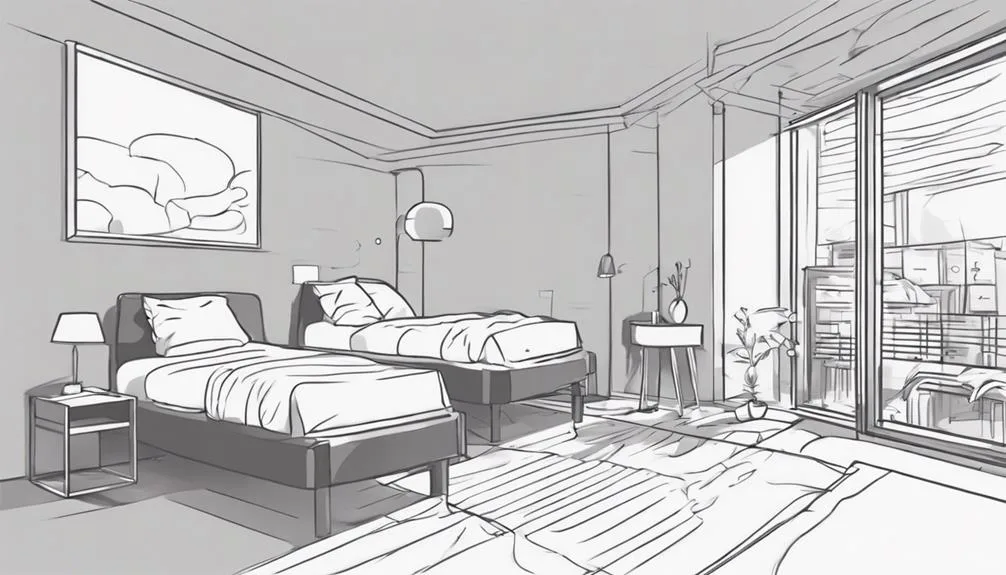
Another clear sign your relationship may be nearing its end is a noticeable decrease in intimacy. This isn't just about the physical aspect; it's also about the emotional disconnection you're feeling.
You might find yourself feeling distant, as if you and your partner are living separate lives even when you're in the same room. This emotional gap can lead to physical neglect, where hugs, kisses, and other forms of affection become rare or feel obligatory rather than genuine.
It's a vicious cycle: the less connected you feel emotionally, the less likely you're to engage physically, which in turn, deepens the emotional chasm. Recognizing this pattern is important because it's a strong indicator that your relationship is in trouble.
Constant Criticism
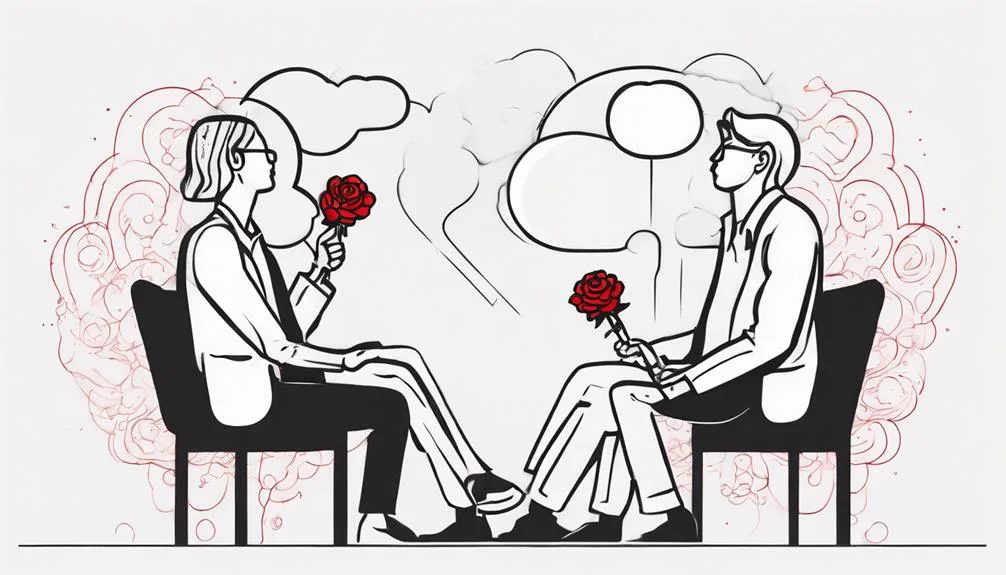
While it's natural for partners to offer constructive feedback, constant criticism can erode the foundation of your relationship. This relentless negativity can severely impact your self-esteem, making you feel undervalued and hindering your personal growth. When every action or choice is met with disapproval, it's not only demoralizing but it also stifles the joy and spontaneity that once flourished between you two.
| Aspect | Impact of Constant Criticism | Importance |
|---|---|---|
| Self-esteem | Severely Damaged | High |
| Personal Growth | Hindered | Critical |
| Relationship Foundation | Eroded | Fundamental |
Avoiding Each Other
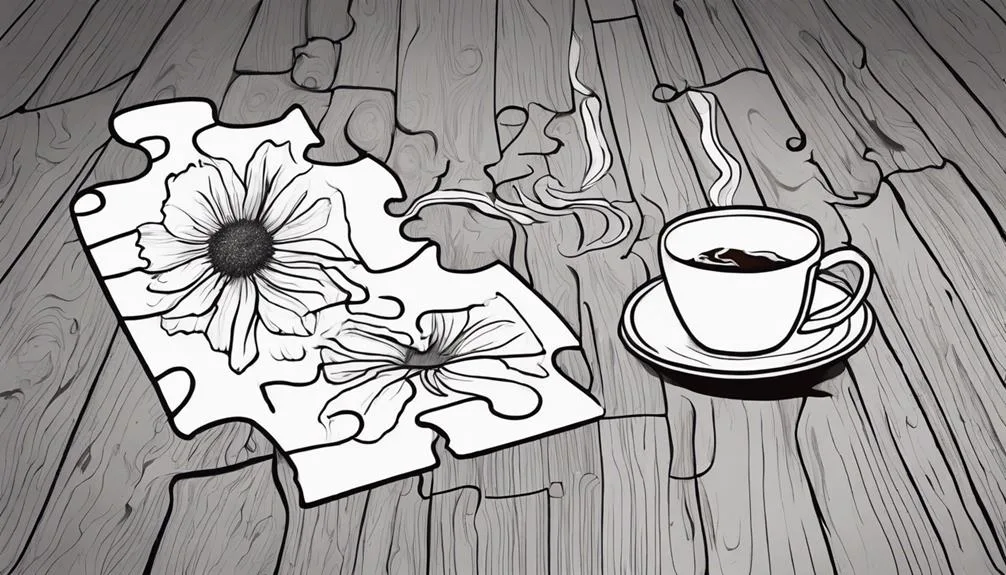
When you start avoiding each other, it's a clear sign that your relationship is in trouble. Social withdrawal and hobbies divergence are telltale indicators. You're no longer enthusiastic to spend time together, and it feels like you're living separate lives under the same roof.
- You find excuses to stay late at work or take up new activities, just to avoid being home.
- Conversations have dwindled to the bare minimum, with silence becoming the norm.
- Your hobbies no longer align, leading to spending most of your leisure time apart.
- Social events are either attended solo or not at all, widening the gap between you.
It's painful, but recognizing these signs is the first step towards addressing the issues at hand.
No Future Plans
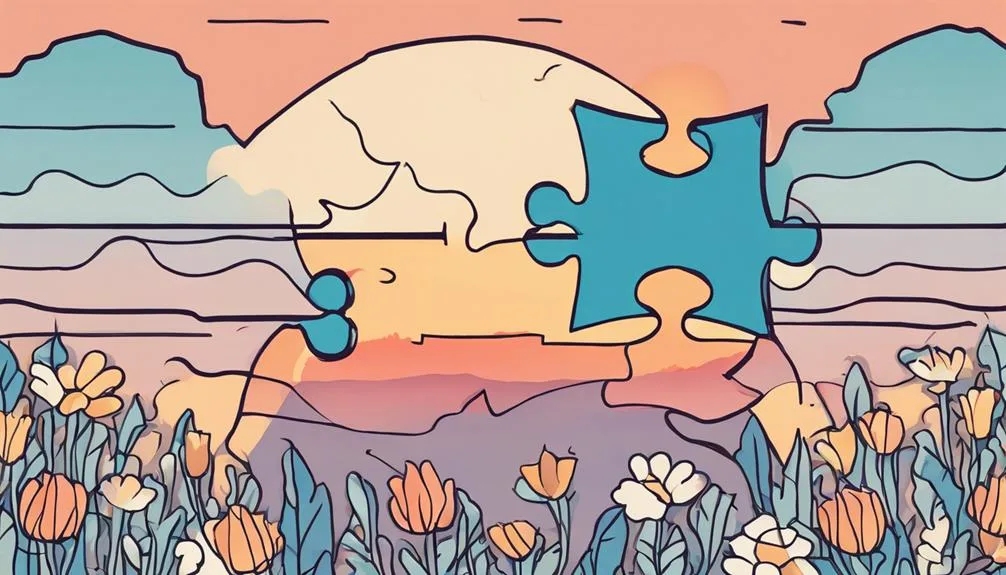
Ceasing to make future plans together often signals a deep rift in the relationship. You may notice that the spontaneous adventures you once dreamed about are no longer on the agenda. Career prioritization might take precedence, leaving little room for shared aspirations. It's as if the future you imagined together has faded into a series of disconnected nows.
| Stage | Before | Now |
|---|---|---|
| Plans | Spontaneous adventures | Career prioritization |
| Dreams | Together forever | Individual goals |
| Time | Quality time | Busy schedules |
| Joy | Shared | Solo or not at all |
This shift doesn't just change your calendar; it alters the very fabric of your connection. Without a path forward together, the distance between you can grow, turning silent spaces into chasms filled with uncertainty.
Trust Issues
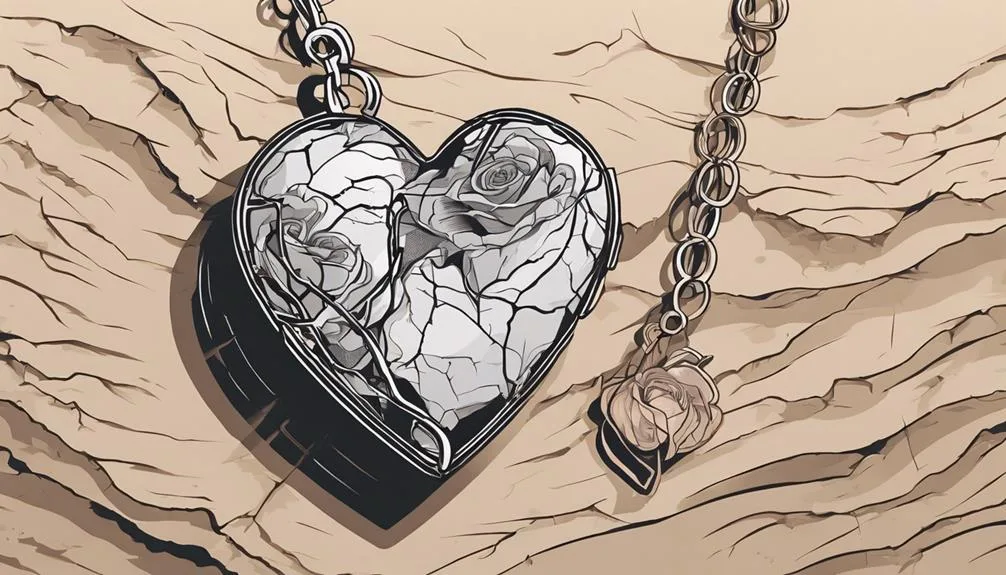
Another sign your relationship may be nearing its end is if trust between you starts to erode. When the foundation of trust crumbles, everything else becomes shaky. Secret keeping and suspicious behavior become the norm, not the exception. You're left feeling more like a detective than a partner, constantly trying to piece together the truth.
- You find yourself second-guessing their words and actions, struggling to believe what they say.
- Late nights and unexplained absences feed your insecurities.
- Their phone becomes a vault, guarded and hidden away from your sight.
- Every 'just a friend' explanation for new or mysterious contacts on social media sends your mind racing.
These signs are harbingers of a trust breakdown, leaving you feeling disconnected and isolated.
Indifference to Conflicts
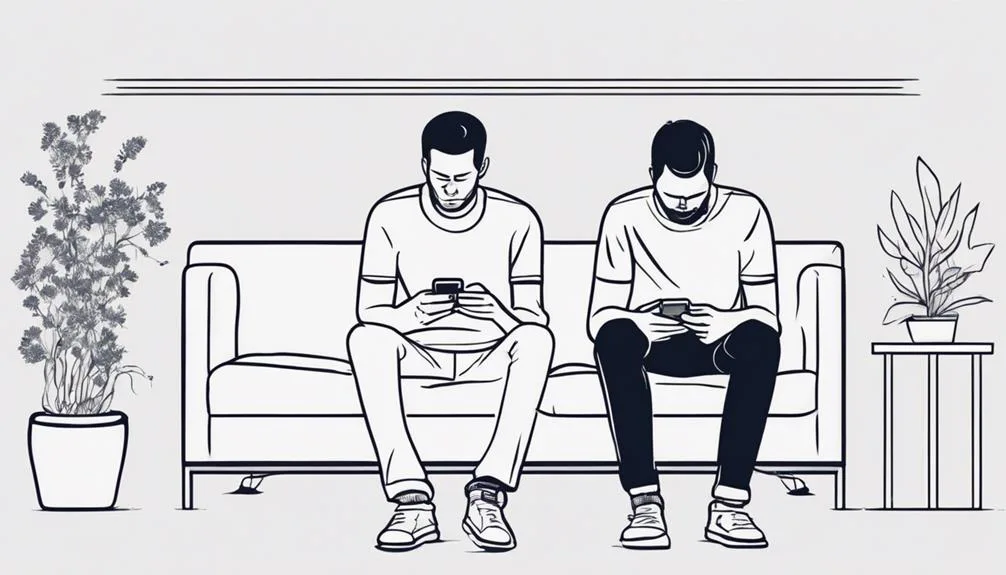
Feeling indifferent to conflicts signals a deepening rift in your relationship, showing that you've both begun to pull away emotionally. This detachment isn't just about not caring; it's a sign that you're both losing the will to engage, to argue, to resolve.
It's like you're standing on opposite sides of a chasm, watching the distance widen. Emotional detachment creeps in quietly, often unnoticed until it's too broad to bridge with simple apologies or promises to change. When you stop fighting for conflict resolution, it's not peace you've found; it's resignation.
This isn't about choosing your battles; it's about having no fight left in you for the person you once couldn't imagine living without.
Conclusion
Recognizing the signs of a relationship in distress, such as dwindling communication, scarce intimacy, constant criticism, avoidance, lack of future plans, trust issues, and indifference to conflicts, is a crucial step. It presents a moment of reflection: are both parties prepared to mend what's broken, or is it time to move forward separately?
This decision hinges on the importance of personal happiness and well-being. Ultimately, asking ourselves if we're ready to embrace change, be it through reconciliation or parting ways, can guide us toward a path of fulfillment.

